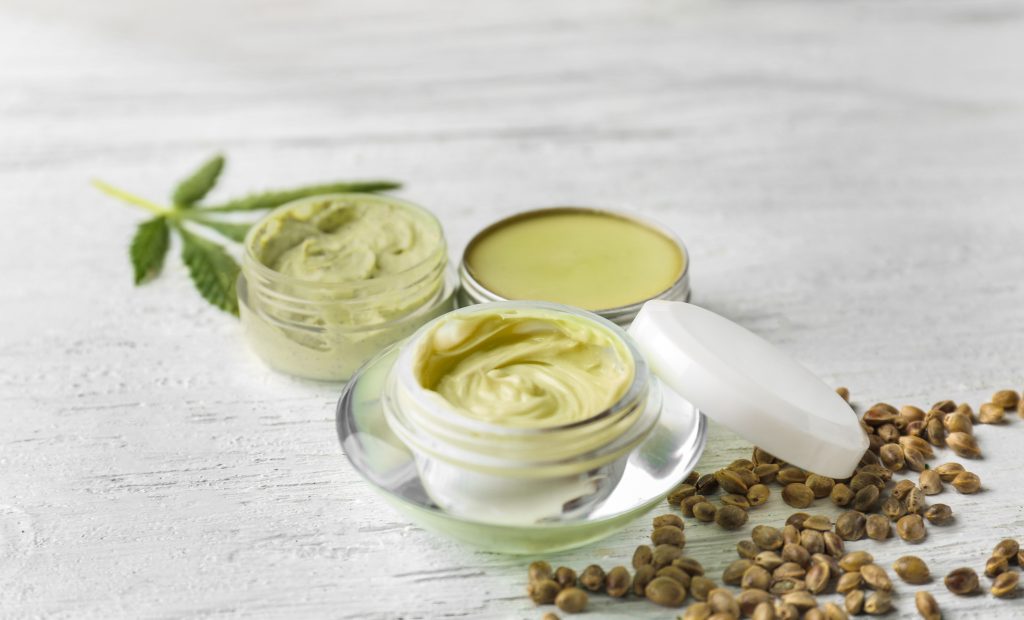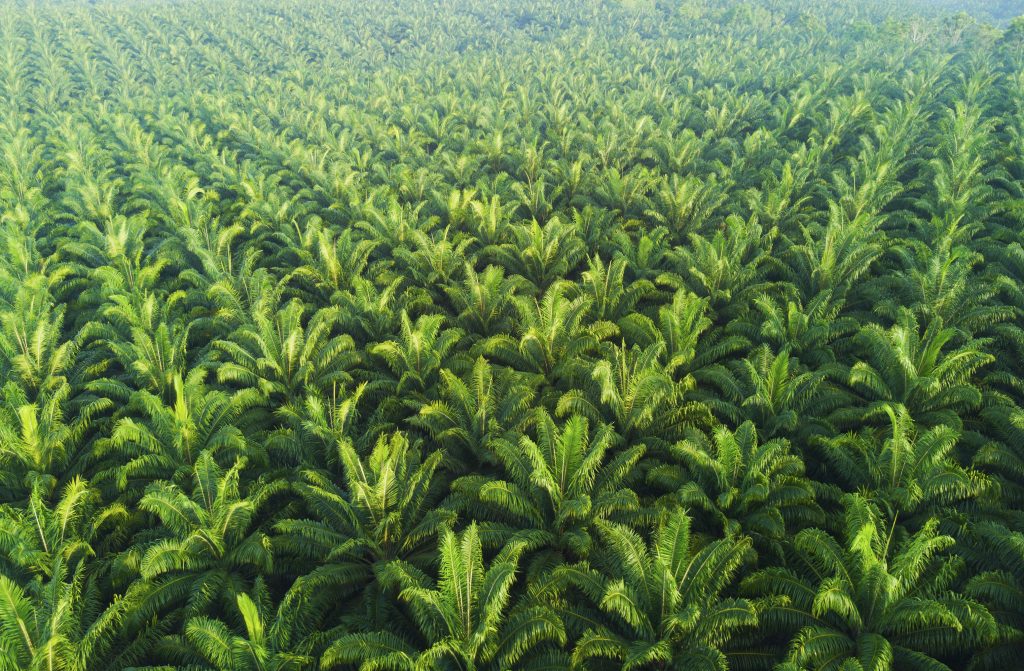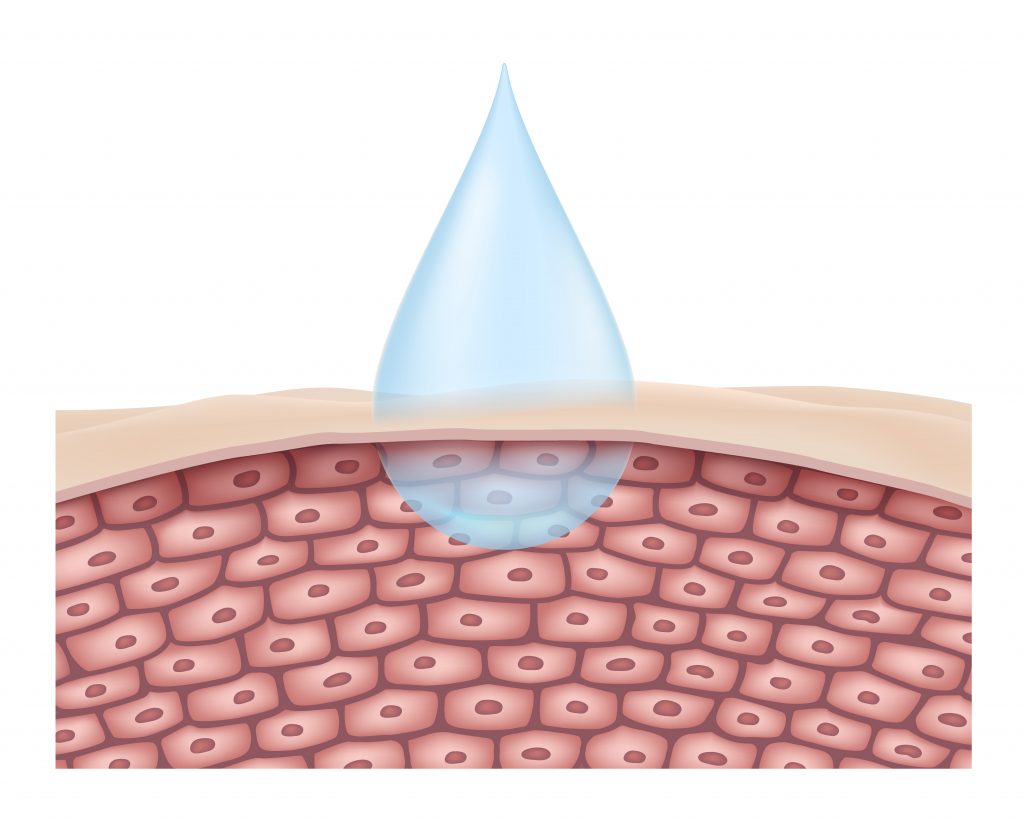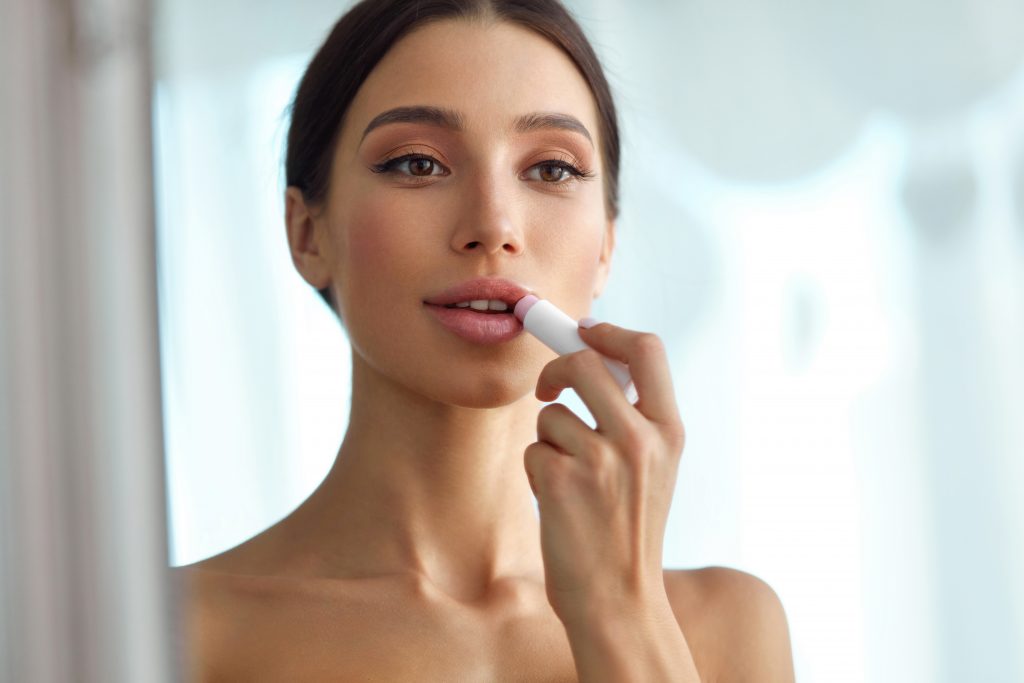There are a lot of ways to use the cannabis plant, and a lot of products that can be made. Whether a person wants to smoke flower, vape a concentrate, eat an edible, inhale via a nasal spray, get it through a patch, or rub it all over their skin, each of these methods allows a person to ingest compounds, or use the plant in some way. In the case of cosmetics, the goal isn’t to get high, the goal is to look good. So here are some basics of the benefits of hemp cosmetics.
The benefits of hemp cosmetics are substantial compared to standard petroleum-based cosmetics, and this is good for personal health, and the environment. Cannabis is great in that way, offering tons of positive medical and recreational attributes from smoking up, to getting ready for a night out. Plus, with the new and wide-ranging cannabinoids market, not only can products be bought outside of regulation, but there are tons of new offerings including delta-8 THC, THCV, and HHC among others. Check out all our current deals and find the products perfect for you.
What are hemp cosmetics?
As always, before getting into the benefits of hemp cosmetics, its best to first describe what we’re talking about. Most people probably have a working definition of cosmetics in their head. Nonetheless, for anyone that needs a formal definition, cosmetics are “relating to, or making for beauty especially of the complexion.” With a second definition defining that this is “done or made for the sake of appearance.”
In other words, makeup, and skin care items. Whether you’re moisturizing your skin to get that awesome healthy glow, rubbing rouge on your cheeks, covering up those blemishes, or putting thickening cream in your hair, these are all examples of products used to improve appearance, and they all fit under the title of ‘cosmetics’.
Cosmetics are far and away mainly female bought items. In very few societies today is it standard for men to wear makeup, though this certainly doesn’t preclude them from doing so. Especially when it comes to things like covering blemishes, or hair care (including shaving), men do take part in the market as well.

Hemp cosmetics are cosmetics that incorporate hemp into their ingredients list, many using hemp oil as the base for the product. With tons of medical properties, there are many benefits to the user for using of hemp cosmetics. This isn’t simply because hemp can offer so much, but also as an alternative to the often-not-safe chemicals used in standard cosmetics today.
Today’s cosmetic industry
The actual history of cosmetics in the US is generally not written about well. In fact, over the years I’ve watched basic historical information disappear from the internet, seemingly as a form of censorship. Which actually makes sense in this situation, as the real story of cosmetics and big oil is a rather seedy one. It’s also likely the reason there is virtually no regulation in cosmetics (apart from chemicals used for coloring), since regulation would end the ability to use petroleum byproducts in products.
In short, “In the 1950s, government subsidies incentivized companies to process oil byproducts into synthetic chemicals and resins. Capitalizing on these generous subsidies, the cosmetic industry hired chemical engineers to design their products, with the resulting synthetic substances sold as body and skin ‘care’ products. The cosmetic industry created the misconception that the skin is impervious, and regulations misleadingly classify oil cosmetics as ‘external’ products – ignoring the effects of dermal chemical absorption.”
Not only was a weird idea developed that the skin actually acts as a barrier to the chemicals put on it (we know now that is highly and dangerously untrue), but without instituting regulation, it allowed for these chemicals to be used for decades of time despite continuous information to the contrary being put out about their safety.
I expect this is precisely why no regulation measure exists. The government supports big oil, and supported oil byproducts being used in cosmetics. If you’re going to promote an industry to use bad chemicals, and you want to get away with it, you have to forego all regulation to ensure those bad chemicals aren’t ruled out.
More recently, adding onto the petroleum problem, a new oil is now being used for cosmetics, complete with its own issues. Palm oil. Though palm oil provides a safer ingredient than petroleum byproducts, it comes with a massive environmental toll in the form of deforestation (reportedly, 8% of the world’s forests were destroyed for palm oil production between 1990 and 2008.) This is also related to peatlands becoming flammable when drained to grow palm, resulting in fires that cause more carbon emissions, and effect the health of those who breathe in the smoke.

According to Greenpeace, “more than 900,000 people in Indonesia have suffered acute respiratory infections due to the smoke from fires in 2019, and nearly 10 million children are at risk of lifelong physical and cognitive damages due to air pollution.” In fact, “In the first 10 months of 2019, these fires released an amount of CO2 close to the UK’s total annual greenhouse gas emissions.” Palm is used because it’s a cheap oil, for which production has massively increased in the last several decades.
What are the benefits of hemp cosmetics vs standard?
Now that we’ve gone through how the standard (generally corporate) cosmetics industry is a rather dirty place, this leads us to the benefits that can be gained by using hemp-based cosmetics instead. We already know that hemp offers massive health and environmental benefits (or less detractions) than standard materials in many industries, and for many products. Whether it’s building materials like cement, or leather, paint and finishing products, plastics, or even batteries, hemp offers a safer alternative. And this can be seen for cosmetics as well.
When used in cosmetics, what we’re talking about isn’t hemp flowers, but hemp seed oil. Hemp seed oil is “extracted by cold-pressing hemp seeds. Hemp oil is rich in properties that makes it a very effective moisturizer functioning as an emollient to soften and smoothen the skin. Hemp seed oil is high in essential fatty acids (omegas 3 and 6), polyunsaturated fatty acids (PUFAs) and other nutrients that keep the skin in a good condition.”
As hemp is natural, recyclable, non-toxic, and biodegradable, it makes the far better option for what to put on your skin, than something toxic that will go directly to your bloodstream. Think about all those oil derivatives, and what that means to your body to be ingesting them.
If you’re wondering if chemical absorption into the bloodstream through the skin is really an issue, (as it is often touted as a non-issue), it’s best to remember that things like birth control patches, nicotine patches, and fentanyl patches are all used for a reason. And understanding that on the one hand, should allow the logic in, that the skin absorbs what’s put on it. This might not go for everything (often an argument to back up using such chemicals), but it’ll go for most things.
According to a Huffington Post article which references Environmental Working Group research, “In 2005, the Environmental Working Group published a combination of two studies that found toxic chemicals in the umbilical cord blood of newborn babies born in the U.S. in the fall of 2004. They screened for more than 400 chemicals, and an astounding 287 toxins were detected within the umbilical cord blood of these newborns.”

What were they? “Of these 287 chemicals, 217 were neurotoxins, and 208 are known to damage growth development or cause birth defects. These toxins included mercury, polyaromatic hydrocarbons (PAHs), polybrominated and polychlorinated dibenzodioxins and furans (PBCD/F and PBDD/F), perflorinated chemicals (PFCs), organochlorine pesticides like DDT and chlordane, polybrominated diphenyl ethers (PBDEs), polychlorinated napthalenes (PCNs), polychlorinated biphenyls (PCBs), and many others. These study results have been largely ignored by the media.” While not all of this relates to cosmetics, many of these chemicals can indeed be found in skincare products.
More specific benefits of hemp cosmetics
We’ve gone over that hemp is safer than petroleum-based cosmetics, but what can it actually do for a person? Here are some basics of the benefits of using hemp cosmetics. When referring to ‘hemp oil’ it means oil derived from the hemp plant, and this implies the presence of CBD. Sometimes CBD oils – which are hemp oils – are sold in concentrated form, but there should always be CBD in hemp oil, unless its specifically taken out to meet a regulation. Even in these cases, there is likely to be a trace amount.
According to Dr. Tina Alster, clinical professor of dermatology at Washington DC’s Georgetown University Medical Center, “CBD may have a positive impact on a variety of health concerns and conditions including chronic pain, joint Inflammation, anxiety, insomnia, headaches, memory, nausea, neurological disorders, skin disorders and more.”
In terms of specifically offering benefits to the skin, Dr. Alster related that “CBD oil has an anti-inflammatory property, which can benefit the skin, and it can also reduce oil production, provide moisture and relieve pain and itching.”
The doctor states, “Topical CBD is safe and works effectively for all skin types. The products are easy to administer. Sufferers of serious medical skin conditions and those who are seeking innovative skincare options can benefit from topical CBD use… Anti-inflammatory properties associated with CBD are beneficial in treating such dermatologic conditions as acne, psoriasis and eczema due to reduction of dryness, irritation and redness. CBD-containing creams, oils, gels and serums not only moisturize and soothe the skin but are also showing encouraging results in relieving pain caused by certain skin disorders.”
Conclusion
Hemp oil offers two basic things for the cosmetics industry. First, it offers a non-toxic base oil to work with which isn’t associated with massive environmental or medical damage. It’s not a byproduct of the oil industry, or a reason for mass deforestation. It’s plant material, and that beats out any synthetic or petroleum-based material out there.

Second, it’s actually good for the skin. It promotes skin health, by offering it the vitamins and minerals that it needs to be functioning at its best. While much in the cosmetics world is meant to cover up imperfections, hemp oil cosmetic products can do the same and more, offering a way to look better, which actually helps eliminate issues by promoting healthier skin function.
Hello and welcome all! Thanks for joining us at CBDtesters.co, your preeminent location for the most important and thought-provoking cannabis and psychedelics-related news globally. Give the site a read-thru regularly to stay up-to-date on the ever-moving landscape of legal drugs and industrial hemp, and make sure to sign up for The THC Weekly Newsletter, so nothing important ever gets by you.
Disclaimer: Hi, I’m a researcher and writer. I’m not a doctor, lawyer, or businessperson. All information in my articles is sourced and referenced, and all opinions stated are mine. I am not giving anyone advice, and though I am more than happy to discuss topics, should someone have a further question or concern, they should seek guidance from a relevant professional.